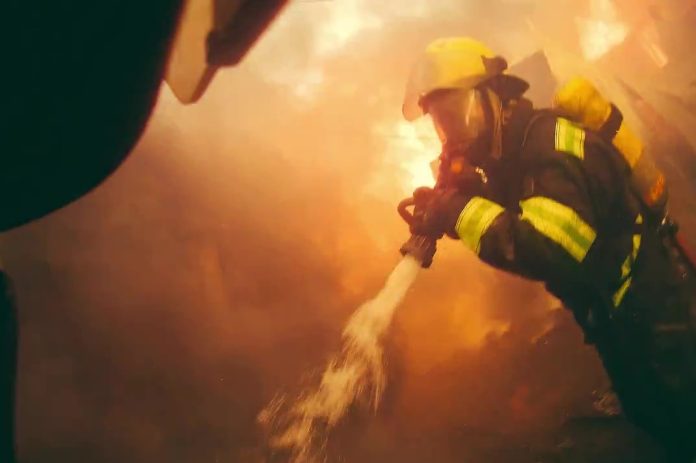As the Western Cape faces a heightened wildfire risk this summer, the provincial government has declared itself well-prepared to safeguard lives and property. Over 2,300 professional and contract-based firefighters are on standby, supported by a R15 million aerial support budget.
This budget enables rapid deployment of 24 aerial resources, including helicopters, fixed-wing bombers, and spotter aircraft.
The increased firefighting complement, according to Environmental Affairs MEC Anton Bredell, is in light of extensive vegetation growth in the earlier winter season.
“All this plant material is now potential fuel for wildfires during our hot, dry and windy summer months.”
Recent wildfires in the Cape Winelands District Municipality, particularly Paarl, Bonnievale, and Kluitjieskraal underscore the need for the province’s readiness.
READ MORE: Cape Winelands firefighters battled to contain Kluitjieskraal fire
The Paarl Mountain fire, which burned 123 hectares of vegetation, required a challenging backburn operation and round-the-clock monitoring to ensure safety.
Bredell says they will also be working closely with other rescue and disaster management teams during the summer season.
“This season we will also work closely with new partners such as the National Sea Rescue Institute and Life Saving Western Cape, to strengthen our ability to respond to all types of hazards, whether from fires, floods, or emergencies at sea.”
As such, Bredell highlighted the importance of the provincial Mutual Aid Agreement. These agreements integrate the personnel and resources of different organisations, such as CapeNature, SANParks, and Working on Fire, when attending to any emergencies in the province.
“I want to thank all the brave firefighters and emergency workers who are ready to protect our communities. Your dedication plays a key role in keeping our province safe.”
READ MORE: Western Cape Summer Readiness
In Cape Town, Fire and Rescue Services are also gearing up for the fire season, having adopted a new strategy to fight blazes in the city. The City’s JP Smith previously noted that firefighters in the City have been pushed to their limits, having battled more than 9,000 fires between November last year to April this year. Smith says it has adopted a new strategy to deal with this.
“The new strategy will be hinged on increased, specially formulated resources that will function as a ‘rapid response’, using purpose-built, all terrain response vehicles.”
Meanwhile, Charlotte Powell, of the City’s Disaster Risk Management Centre, noted the devastating impact of last summer’s fires destroyed over 4,000 homes in Cape Town, due to 1,946 fires and 301 adverse weather incidents.
“The Disaster Risk Management Centre facilitated access to humanitarian relief for more than 11,500 persons.”


